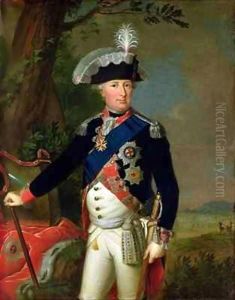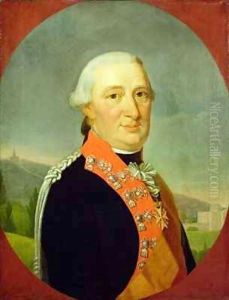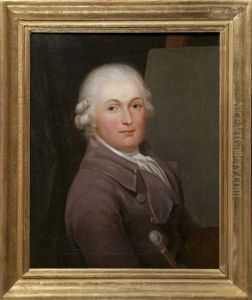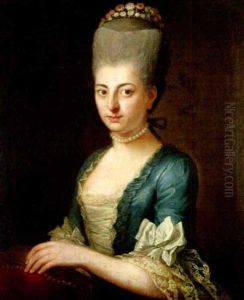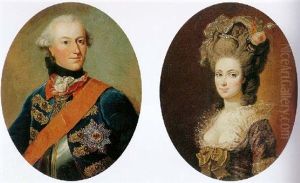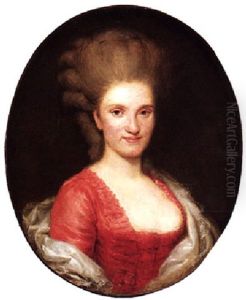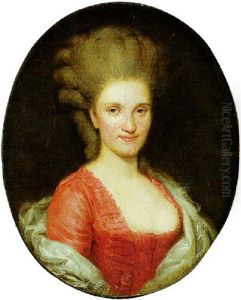Wilhelm Boettner Paintings
Wilhelm Boettner was a German painter and graphic artist born on March 25, 1889, in Erfurt, Germany. His work is primarily associated with the Expressionist movement, which emerged in Germany at the beginning of the 20th century. Boettner's art was influenced by the social, political, and economic upheavals of his time, and he is known for his bold use of color and dynamic compositions that often captured the emotional state of his subjects.
Boettner studied at the Grand Ducal Saxon Art School in Weimar under the guidance of Albin Egger-Lienz and Ludwig von Hofmann, who were significant figures in German painting and had a profound influence on his artistic development. His early works were marked by a strong academic foundation, but he gradually moved towards a more expressive style that characterized the avant-garde movements of his era.
During World War I, Boettner served in the German Army, and the experience of war left a lasting impression on his artistic output. The post-war period saw a rise in his creative activity, with Boettner becoming an active member of the Weimar art scene. He participated in various exhibitions and was a member of several art associations.
In the 1930s, with the rise of the Nazi regime, Boettner's art, like that of many Expressionists, was considered 'degenerate', and he faced significant challenges in continuing his work. Despite this, he managed to produce a body of work that remained true to his expressive style. After World War II, Boettner, like many artists of his time, grappled with the new realities of a changed Germany, and this was reflected in his later works.
Wilhelm Boettner continued to work and exhibit until his later years. He passed away on September 10, 1968, in Weimar. His legacy is preserved in the form of his artworks, which are held in various collections and museums, serving as a testament to his place in the German Expressionist movement. Boettner's contribution to art history is recognized for its emotional intensity and its reflection of a tumultuous period in European history.
